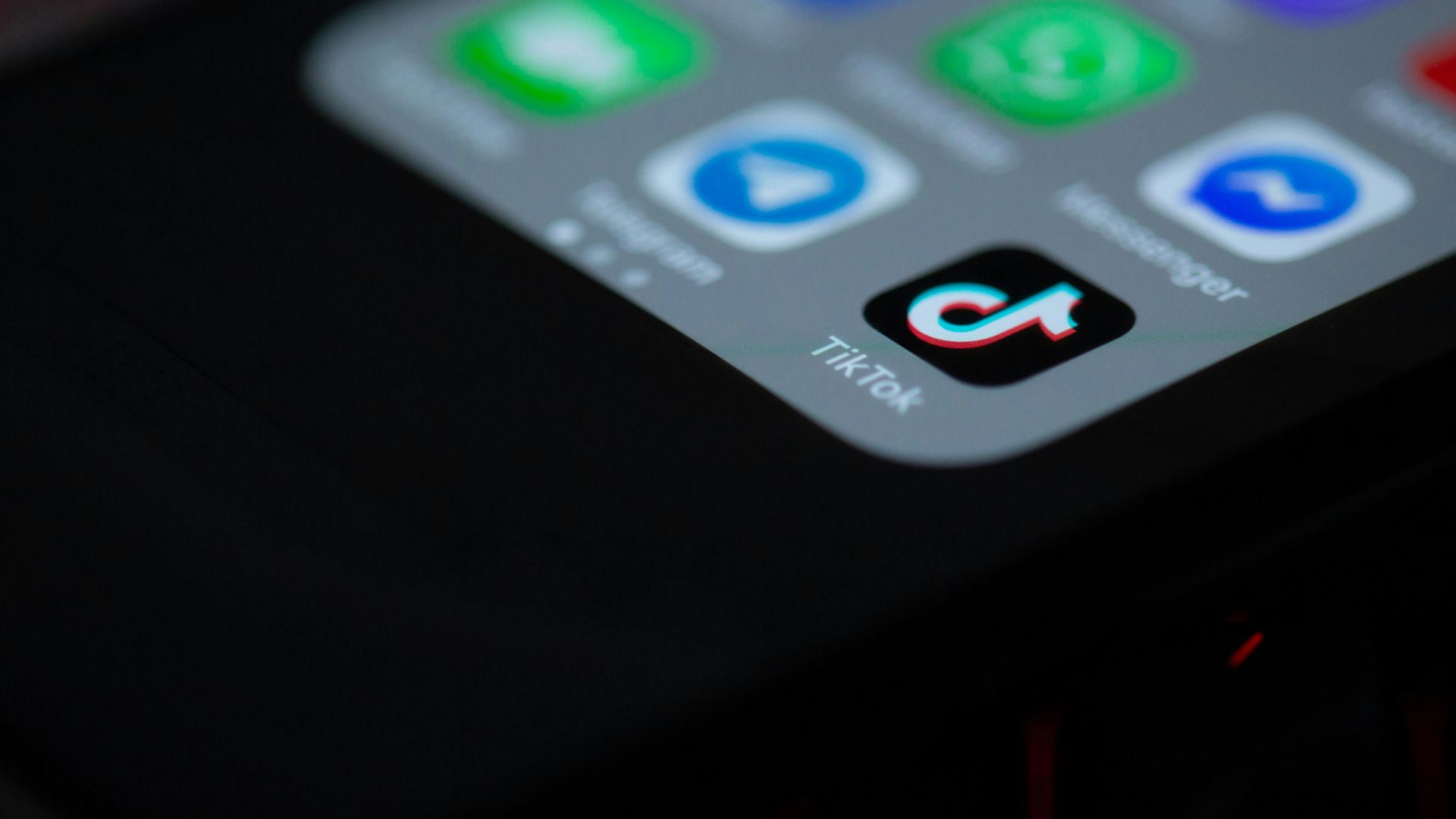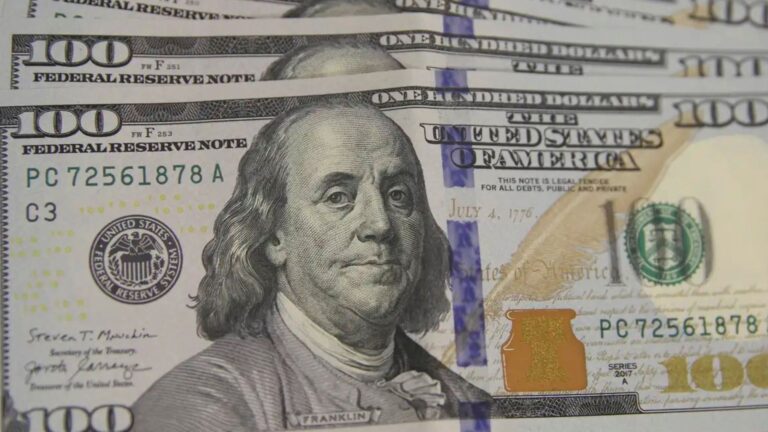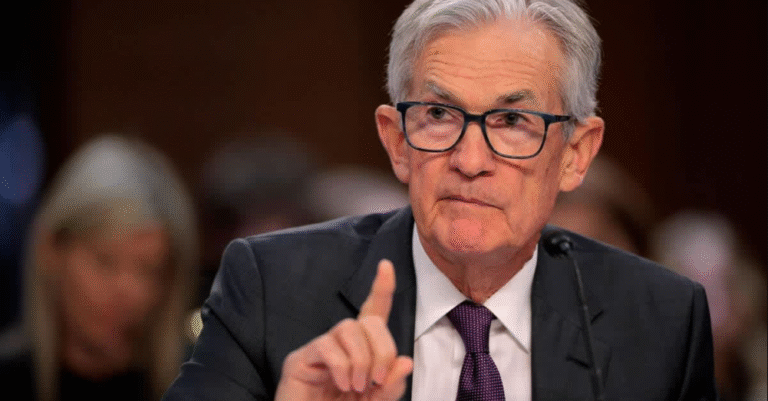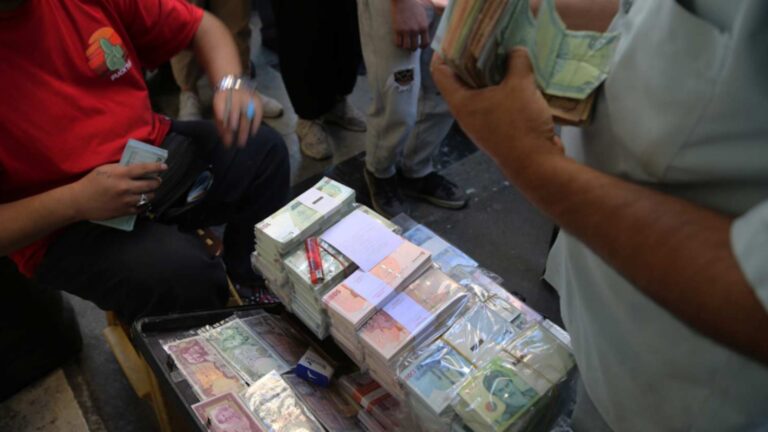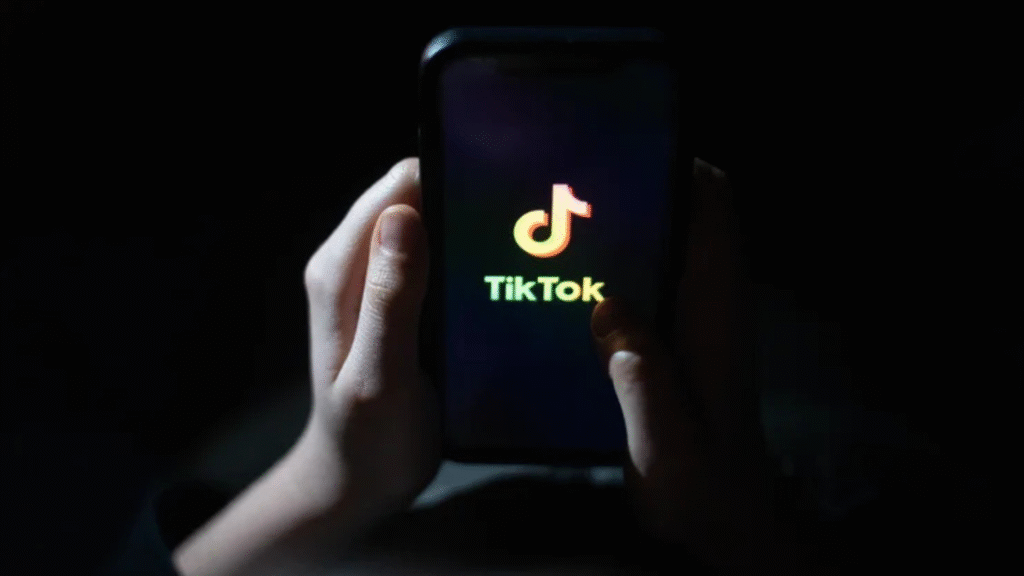
President Donald Trump confirmed Thursday that he will speak with Chinese President Xi Jinping on Friday to “finalize something” regarding TikTok’s future in the United States. Trump made the announcement during a joint press conference with British Prime Minister Keir Starmer in London, emphasizing that any agreement will ensure the platform’s American unit is “owned exclusively by completely American investors” and will generate an “extra fee” for the U.S. government (Economia UOL).
The upcoming call represents the culmination of months of negotiations between Washington and Beijing over TikTok’s ownership structure, following the enactment of a bipartisan law in 2024 requiring China’s ByteDance to divest its U.S. operations or face a nationwide ban. Trump has twice delayed the enforcement deadline—now set for December 16, 2025—by executive order, allowing additional time to craft a deal that addresses national security concerns without shuttering an app used by 170 million Americans.
Preliminary Framework and Consortium Details
On Monday, Treasury Secretary Scott Bessent announced in Madrid that negotiators had reached a framework agreement for TikTok’s U.S. unit. Under this preliminary deal, an American consortium led by Oracle, private equity firm Silver Lake, and venture capital fund Andreessen Horowitz would acquire approximately 80% of TikTok’s U.S. operations. ByteDance would retain a 19.9% stake—just below the 20% ownership cap mandated by Congress. Existing ByteDance investors such as Susquehanna International Group, General Atlantic, and KKR are also expected to participate in the consortium (Exame).
The consortium structure envisions the formation of a new American entity governed by a board dominated by U.S. appointees, including one seat reserved for a government representative. This configuration is designed to ensure that data security, content moderation, and algorithmic governance are overseen by Americans, addressing lawmakers’ apprehensions regarding Chinese state influence.
Algorithm Licensing and Data Security
A pivotal aspect of the deal involves licensing TikTok’s recommendation algorithm, the proprietary engine that tailors content to users and drives the platform’s engagement. According to Wang Jingtao of China’s Cyberspace Administration, the agreement includes “licensed use of the algorithm,” allowing the U.S. consortium to operate the same recommendation engine under a binding export-license framework. ByteDance would also entrust data management and user-content security to third-party overseers, ensuring that American user data remains within U.S. jurisdiction and is protected from foreign access (CNN Brasil).
Oracle is slated to continue providing cloud infrastructure for the U.S. unit under the existing “Project Texas” arrangement, which stores American user data on Oracle servers within the United States. This continuity leverages Oracle’s established security protocols and reinforces the platform’s compliance with U.S. data-privacy standards. The new entity will likely deploy additional encryption and auditing measures, subject to review by federal agencies.
Trump’s “Extra Fee” and Financial Terms
During the London press briefing, Trump revealed that the U.S. government would receive a “tremendous extra fee” for facilitating the agreement. While he did not specify the fee’s amount or structure, he suggested it would be negotiated in tandem with the ownership transfer. Legal experts note that such a fee could take the form of a one-time licensing payment or ongoing royalties tied to TikTok’s revenue, adding a novel revenue stream for the Treasury.
Critics argue that embedding a government “fee” into a private-sector transaction could raise legal and ethical questions, potentially exposing the administration to accusations of profiting from a commercial deal. Nevertheless, Trump framed the fee as part of a “win-win” solution with China, in which both nations benefit from an orderly resolution that preserves market access and addresses security concerns.
Legislative and Judicial Path Forward
Despite progress on the framework, the agreement requires implementing legislation by Congress to solidify the new ownership structure and define oversight mechanisms. Lawmakers must craft a bill specifying governance requirements, algorithm licensing terms, data-protection safeguards, and the treatment of the presidential “fee.” Given the polarized environment in Washington, securing bipartisan support may prove challenging, with some legislators advocating for stricter divestiture terms and others urging swift ratification to avert a disruptive ban.
Additionally, the deal faces potential legal challenges. ByteDance shareholders and content creators may mount lawsuits if they perceive the divestiture as forced expropriation. Courts will scrutinize whether executive actions aligning with Congress’s directive comply with constitutional protections and international trade commitments. A smooth legislative and judicial process is essential for the framework’s viability before the December 16 deadline.
Political and Geopolitical Implications
TikTok’s fate has become a flashpoint in U.S.–China relations, intertwining national-security, trade, and technology policy. Trump’s impending call with Xi symbolizes a rare high-level engagement on digital competition and governance. Beijing has characterized the preliminary agreement as “pragmatic” but warns that any deviation could undermine bilateral trust. Chinese state media stress that the deal must respect China’s export-control laws and intellectual-property rights, while cautioning against U.S. meddling in private enterprise.
Domestically, TikTok remains a potent political issue. Republicans emphasize the national-security rationale, with many endorsing measures to curb Chinese tech influence. Democrats warn that abrupt action could disrupt social-media ecosystems, harm small businesses reliant on TikTok’s advertising, and erode internet freedom. Content creators and users, who often possess divergent perspectives, pressure both parties for clarity and continuity.
Looking Ahead to Friday’s Call
With less than one day until Friday’s call, U.S. and Chinese delegations are finalizing technical annexes, legal drafts, and verification protocols. Senior administration officials expect that Trump and Xi will agree on a memorandum of understanding outlining the deal’s core terms, leaving detailed implementation to lower-level envoys. Positive signals from Friday’s conversation could pave the way for congressional action in early October, ensuring that TikTok continues to operate uninterrupted in the United States.
As the world awaits the outcome, the TikTok framework deal exemplifies the complex interplay of commerce, national security, and geopolitics in the digital age. Friday’s call may determine whether TikTok emerges as a model for cross-border tech cooperation or becomes another casualty in the escalating tension between Washington and Beijing.




